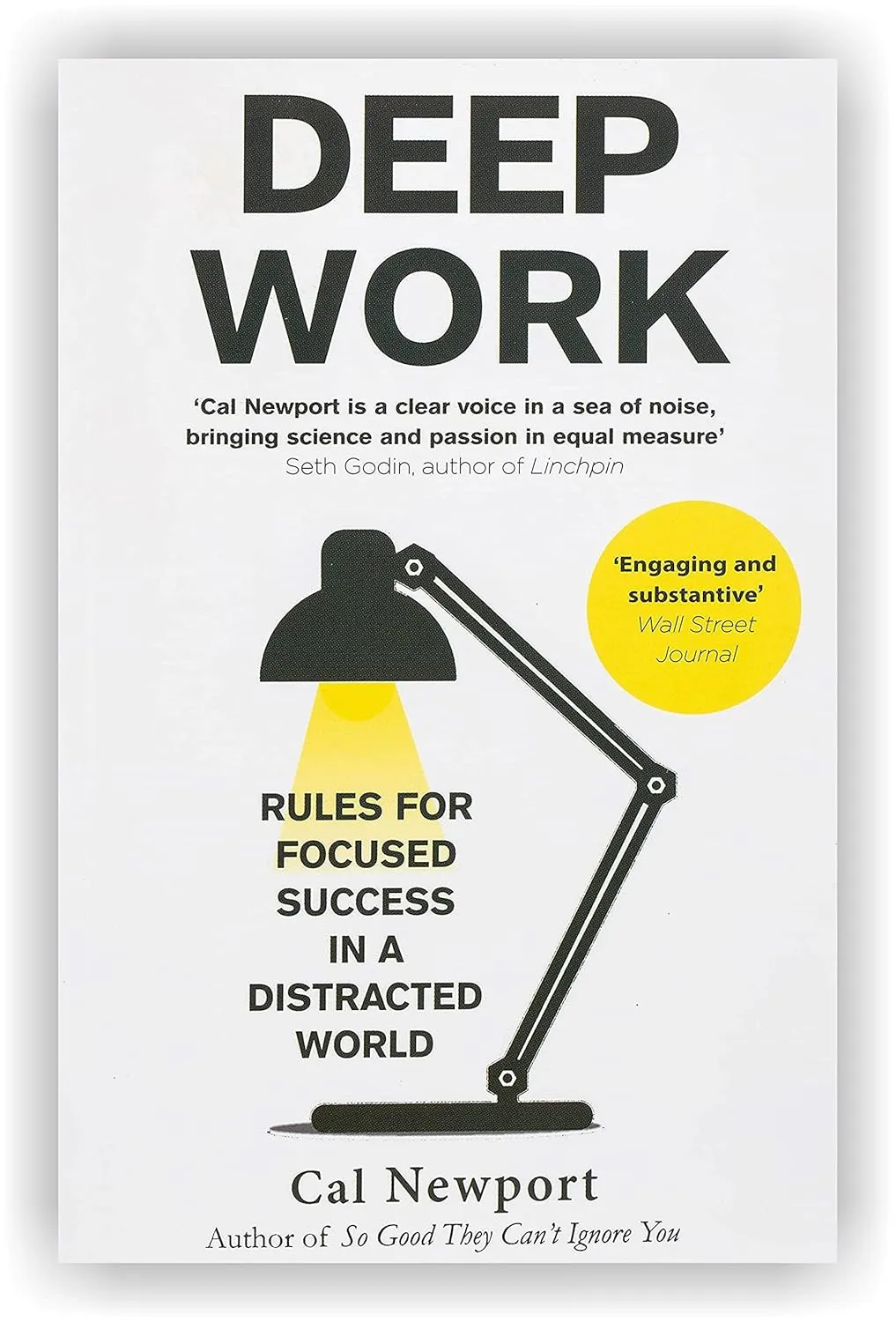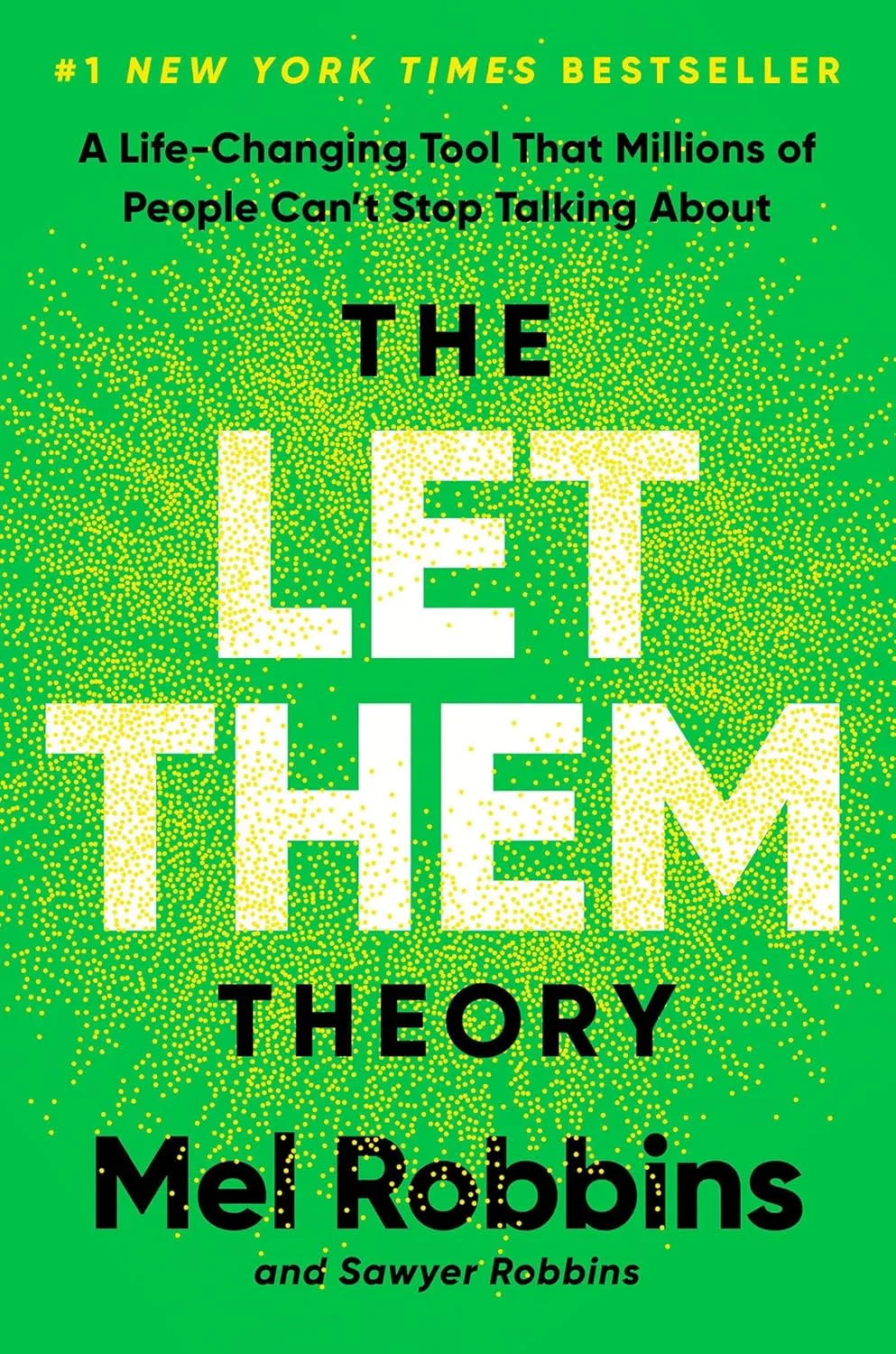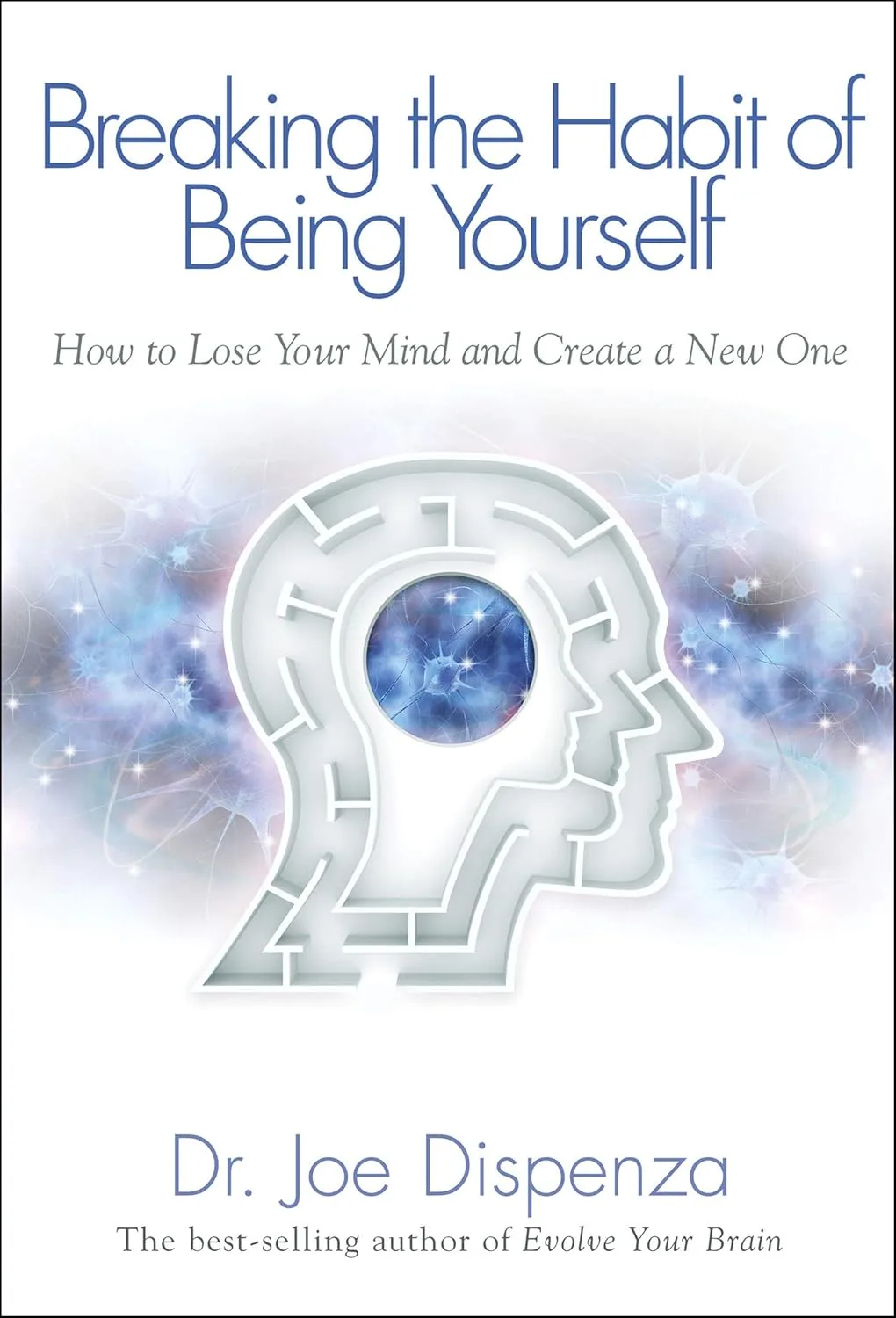📘 Book Summary
“Deep Work” by Cal Newport is a compelling guide that advocates for cultivating focused, uninterrupted work in our increasingly distracted digital age. Newport argues that the ability to concentrate without distraction on cognitively demanding tasks is becoming both rare and highly valuable. The book presents a philosophical case for deep work and offers practical strategies for integrating it into professional life—ultimately showing how mastering this skill leads to exceptional results and career advancement.
🔑 Key Takeaways
- Deep work is rare and valuable – It involves distraction-free concentration that pushes your cognitive abilities to their limits.
- Shallow work is the enemy – Logistical or administrative tasks done while distracted rarely produce meaningful value.
- Four philosophies of deep work – Monastic, bimodal, rhythmic, and journalistic approaches to scheduling focused time.
- Digital minimalism is essential – Plan internet usage intentionally to avoid constant distraction.
- Attention residue lowers performance – Task-switching leaves mental traces that reduce cognitive sharpness.
- Craftsman approach to tools – Adopt technology based on its net positive value to your core goals.
- Deliberate practice applies – Deep work, like elite training, requires purpose and focus to build skill.
📚 Overview
The book is divided into two parts: “The Idea” and “The Rules.” The first explains why deep work is crucial, while the second offers concrete methods for making deep work a habit. Newport supports his case with insights from neuroscience, psychology, and real-world examples of high performers who’ve leveraged deep work to excel. The central argument is clear: in a world flooded with distractions, the ability to work deeply is a competitive advantage.
✍️ About the Author
Cal Newport is a computer science professor at Georgetown University and author of several bestsellers translated into over 40 languages. Known for his unconventional approach to productivity and career development, Newport has built his academic success on deep work principles—despite never using social media. His contributions regularly appear in major publications like The New York Times.
🌟 Reception and Impact
Deep Work became a New York Times bestseller and has influenced how professionals and companies think about productivity. Widely adopted in MBA programs and corporate workshops, the book has changed how readers schedule tasks, communicate digitally, and structure work environments. Though some readers find Newport’s methods extreme, many credit his advice for helping them regain focus and accomplish more meaningful work.
🌍 Plot and World-Building
Instead of a traditional plot, Newport constructs a vision of the modern work landscape divided between:
- Deep Workers – Those who cultivate focus and perform at an elite level.
- Shallow Workers – Those caught in a loop of emails, meetings, and multitasking.
This framework illustrates the cognitive and economic consequences of distraction, showing how even small changes in focus can lead to disproportionate gains in output and satisfaction.
🎭 Main Storyline
The book’s arc moves from diagnosis to solution:
- Why Deep Work Matters – It creates new value, improves skills, and is hard to replicate.
- Why It’s Vanishing – Open offices, social media, and digital distractions make it increasingly rare.
- Why It’s Critical – Those who master it will thrive in a knowledge economy.
- How to Cultivate It – Newport introduces four rules for adopting deep work as a professional habit.
👑 Key Characters and Themes
Main Character
The knowledge worker striving to reclaim focus and productivity.
Supporting “Characters”
- The Deep Work Masters – Carl Jung, J.K. Rowling, Bill Gates
- The Distracted Majority – People trapped in email, meetings, and social media
- The Digital Minimalists – Intentional users of technology who protect their time and focus
Themes
- Focus as Currency – Your ability to concentrate is your most valuable asset.
- Shallow Work Danger – Administrative tasks may keep you busy but don’t lead to mastery.
- Craftsmanship in Knowledge Work – Deep work is the digital version of artisan skill.
- Intentional Living – Be mindful in choosing where your attention goes.
- Resisting the Noise – Success often means saying “no” to the wrong things.
🧠 Who Should Read This?
- Knowledge workers drowning in emails, meetings, and distractions
- Professionals wanting to increase output quality and value
- Students and researchers looking for deeper focus
- Entrepreneurs building meaningful products and services
- Remote workers seeking structure and concentration
- Anyone overwhelmed by social media and digital clutter
- Managers aiming to improve team performance
- Creatives or writers wanting to do their best thinking and producing
💬 Best Quote
“Deep Work: Professional activities performed in a state of distraction-free concentration that push your cognitive capabilities to their limit. These efforts create new value, improve your skill, and are hard to replicate.”
📚 Final Thoughts
Deep Work arrives at a time when distraction is more common than focus. Newport’s argument is both philosophical and practical: meaningful work requires intentional, undistracted effort. He not only outlines why deep work is necessary but also gives readers the tools to build a deep work habit. His four-rule system is customizable to different professions and lifestyles.
While not everyone may follow Newport’s most extreme suggestions (e.g., quitting social media entirely), even modest adoption of his methods can lead to significant improvements in focus, quality of work, and satisfaction.
👉 Read This If You…
- Feel constantly interrupted and unproductive
- Want to produce meaningful, high-impact work
- Are tired of being busy but not effective
- Seek science-based strategies for better focus
- Are ready to eliminate distractions and improve results
- Want to get more done in less time
- Struggle with information overload and shallow work
- Need a realistic roadmap to career advancement
❓ FAQ
Q: Do I need to quit social media?
A: Newport encourages digital minimalism, not total avoidance—use tech intentionally.
Q: Is deep work relevant to all jobs?
A: It’s especially useful in knowledge work but applies anywhere skill and focus matter.
Q: How much deep work should I do?
A: Start with what’s sustainable—30–60 minutes daily—and expand over time.
Q: What if my job requires me to be online all day?
A: Newport offers techniques for managing expectations and carving out focused time.
Q: Is this another productivity hack?
A: No—deep work is a long-term philosophy for excellence, not a quick fix.
Q: How can I get my team or boss on board?
A: Share results and research showing how focused work improves quality and efficiency.







